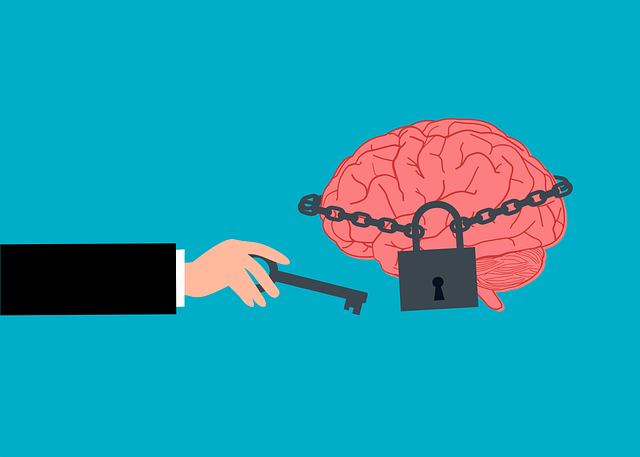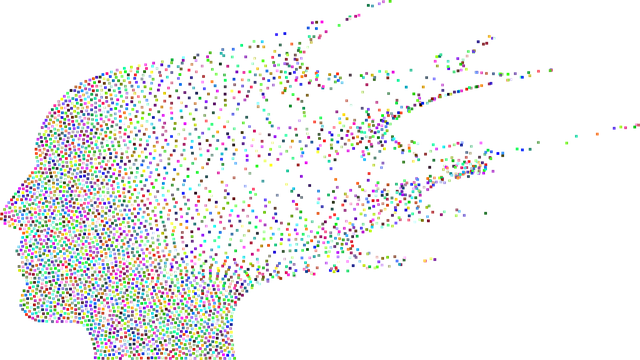Mental health advocacy, driven by passionate individuals at Lone Tree Chronic Illness Therapy, is transforming care and reducing stigma. Through community engagement, training in cultural competency, and innovative practices like journaling exercises and podcasts, they empower patients with chronic illnesses while fostering inclusive communities that better address diverse mental health needs. This holistic approach, combining traditional therapy with modern tools, revolutionizes access to mental health care.
Mental health advocacy initiatives are transforming lives and communities. This article explores the critical role of these programs in promoting well-being, with a special focus on Lone Tree Chronic Illness Therapy’s efforts. We delve into understanding mental health advocacy, its impact, and how initiatives like theirs break down barriers to care. Additionally, we examine community engagement strategies that expand the reach of these vital programs, highlighting successful models including Lone Tree’s approach.
- Understanding Mental Health Advocacy: Why It Matters and Who It Impacts
- Initiatives Led by Lone Tree Chronic Illness Therapy: Breaking Down Barriers to Care
- Community Engagement: Expanding the Reach of Mental Health Advocacy Programs
Understanding Mental Health Advocacy: Why It Matters and Who It Impacts

Mental health advocacy is a powerful tool for creating positive change and raising awareness about psychological well-being. It involves passionate individuals who speak up for those facing mental health challenges, ensuring their voices are heard. Advocacy plays a pivotal role in promoting understanding, reducing stigma, and shaping policies that support better access to care. For many, especially those navigating conditions like chronic illness at Lone Tree Chronic Illness Therapy, advocacy can mean the difference between feeling isolated and finding communities that offer both support and hope.
This initiative impacts a diverse range of people, from individuals directly affected by mental health disorders to healthcare providers. By fostering empathy and implementing confidence-boosting strategies, advocates contribute to better patient care. Healthcare provider cultural competency training is another crucial aspect, ensuring professionals understand the unique needs of diverse populations. Through advocacy, communities can grow more inclusive and responsive, providing essential support for everyone’s mental health journey.
Initiatives Led by Lone Tree Chronic Illness Therapy: Breaking Down Barriers to Care

Lone Tree Chronic Illness Therapy is making waves with its innovative advocacy initiatives aimed at breaking down barriers to mental health care. Recognizing the unique challenges faced by individuals living with chronic illnesses, they offer tailored support through a multi-faceted approach. One of their key strategies involves empowering patients with mental wellness journaling exercise guidance, enabling them to track symptoms and emotions effectively. This practice fosters self-awareness and serves as a valuable tool for therapists during sessions.
Furthermore, the therapy center has launched an engaging mental health awareness campaign that includes a mental wellness podcast series production. These podcasts provide insightful conversations around various mental health topics, offering practical tips and personal narratives to reduce stigma. By combining traditional therapy with modern communication tools, Lone Tree Chronic Illness Therapy is revolutionizing access to care, ensuring that more people can find the support they need for their mental wellness journeys.
Community Engagement: Expanding the Reach of Mental Health Advocacy Programs

Mental health advocacy initiatives thrive on community engagement, which acts as a powerful tool to expand the reach and impact of programs aimed at supporting mental well-being. By involving local communities, organizations like Lone Tree Chronic Illness Therapy can foster a sense of belonging and encourage open conversations about mental health. This approach is transformative, as it helps reduce the stigma associated with seeking therapy or discussing emotional struggles.
Community engagement strategies include hosting awareness events, integrating self-care practices like mindfulness meditation into everyday routines, and promoting confidence-boosting activities. These initiatives not only educate individuals but also create safe spaces for sharing experiences. Through such efforts, mental health advocacy programs gain traction, ensuring that support is accessible to all, regardless of their background or location.
Mental health advocacy initiatives, like those led by Lone Tree Chronic Illness Therapy, play a pivotal role in breaking down barriers to care and fostering inclusive communities. By understanding the impact on diverse populations, we can expand reach through effective community engagement strategies. These efforts ensure that everyone has access to support and resources, ultimately enhancing mental well-being for all.














